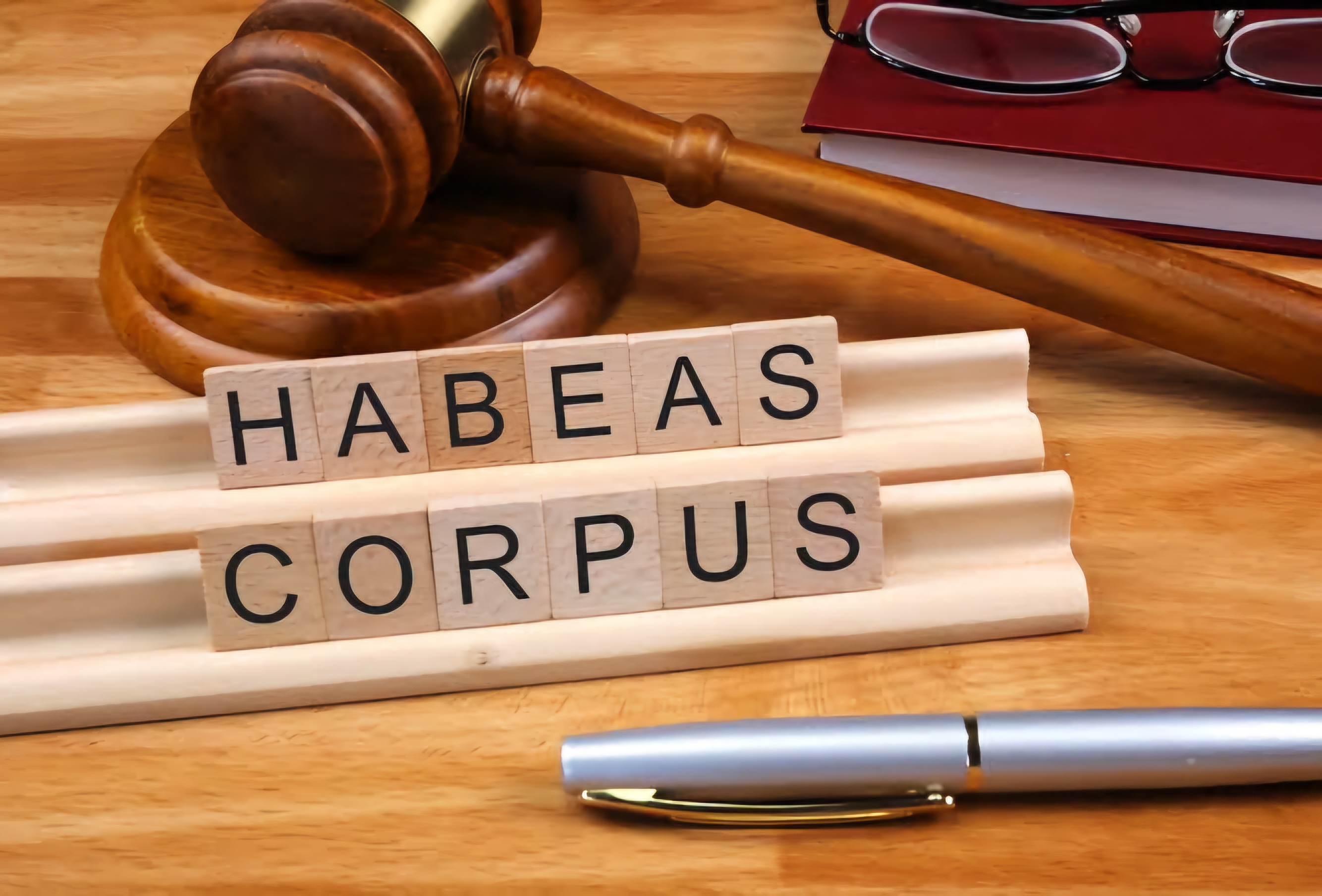


Within the later judgment conveyed by the Preeminent Court of India in Criminal Request No. 3821 of 2023, the Court tended to the petulant issue of child care, especially in cases including petitions for writs of Habeas Corpus. The case rotates around a guardianship debate concerning a minor female child whose mother passed absent beneath awful circumstances. The administering highlights the complexity of adjusting lawful rights with the welfare of the child.
Case Foundation
The case included a two-year-old child whose mother passed absent in December 2022 beneath unnatural circumstances, purportedly by hanging. The father and fatherly grandparents of the child, who were respondents within the case, looked for care through a summons request recorded beneath Article 226 of the Structure of India. The appellants, maternal relatives of the child, had taken guardianship of the child without further ado after the mother's passing, and the father had been captured on charges beneath Areas 304-B and 498-A of the Indian Corrective Code, and the Share Disallowance Act, 1961.
The Madhya Pradesh Tall Court, in its condemned judgment dated June 23, 2023, allowed guardianship to the child's father and fatherly grandparents. The appellants, in any case, challenged this choice, driving to the Supreme Court's mediation.
Legal Considerations and Supreme Court's
The Court stated:
"As far as the decision regarding custody of the minor children is concerned, the only paramount consideration is the welfare of the minor. The parties' rights cannot be allowed to override the child's welfare. This principle also applies to a petition seeking Habeas Corpus concerning a minor."
The Court found that the High Court had not sufficiently examined the welfare of the child, merely basing its decision on the father’s natural guardianship rights.
It stated: "The High Court has disturbed the custody of the child based only on the father's right as a natural guardian."
Court’s Final Decision
The Court observed:
"When the Court deals with the issue of Habeas Corpus regarding a minor, the Court cannot treat the child as a movable property and transfer custody without even considering the impact of the disturbance of the custody on the child."
Conclusion
This ruling is an important reminder that the child's wellbeing always comes first in custody battles, particularly when Habeas Corpus is involved. The Supreme Court's method strikes a balance between the parties' legal rights and the best interests of the child, guaranteeing that any custody disturbance is managed delicately and carefully. The decision emphasizes even more the Court's responsibility as parens patriae, or the guardian of the weak and defenseless, especially when it comes to minors.
Click Here to: Download/View Related File
TAGS: Supreme Court child custody Habeas Corpus welfare of the minor Guardians and Wards Act legal rights.